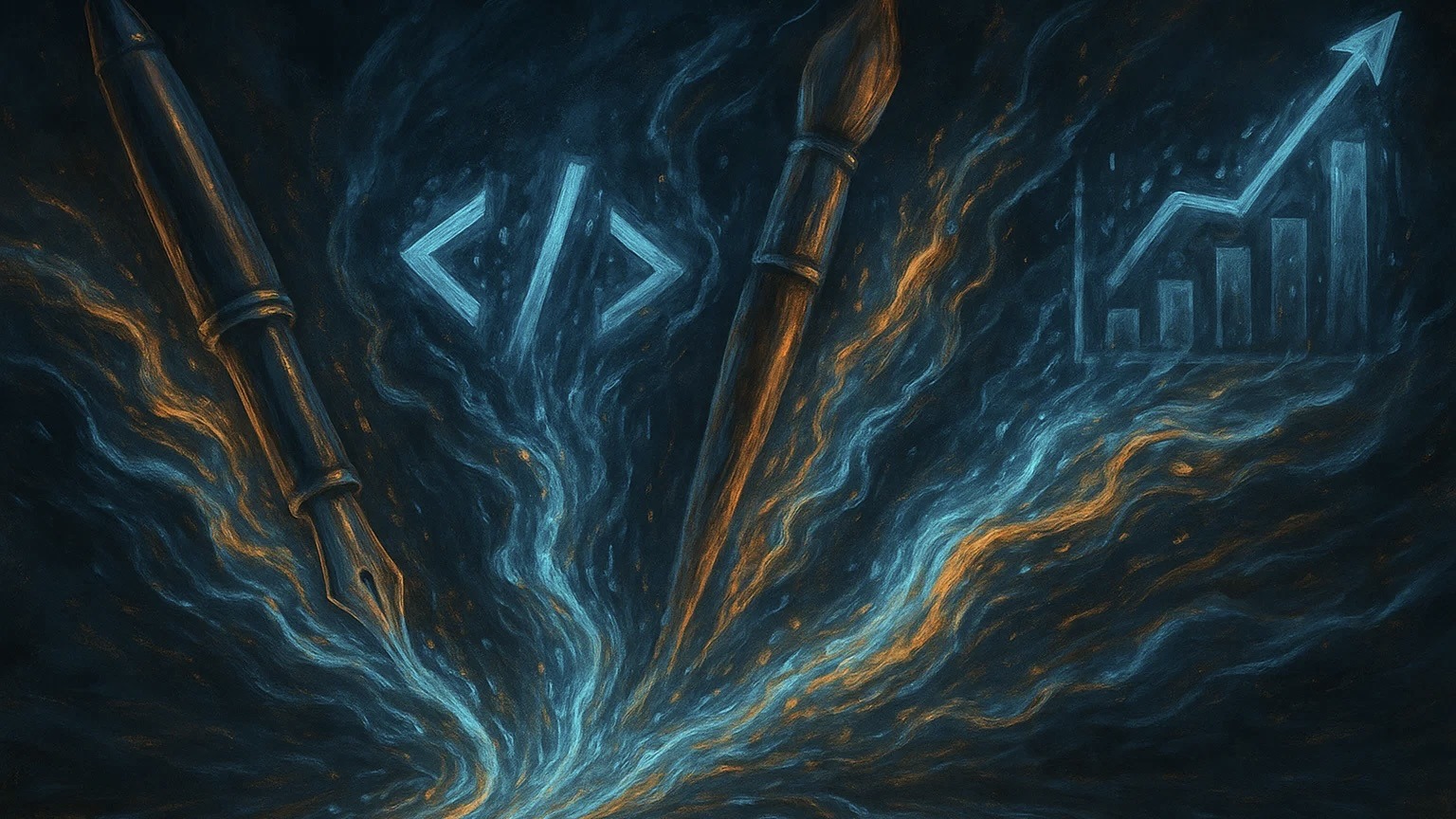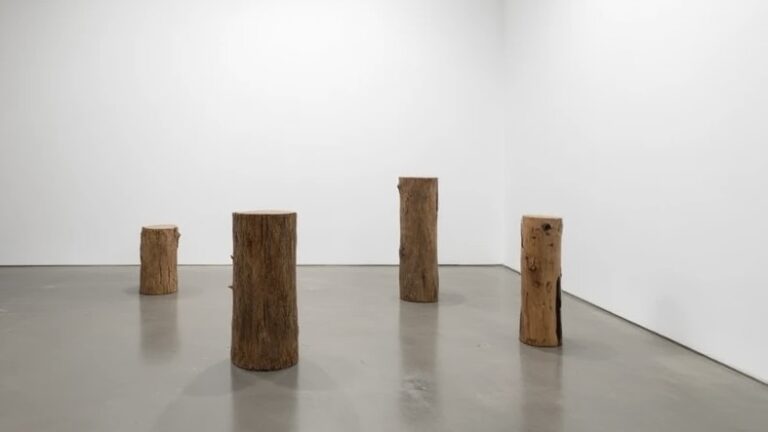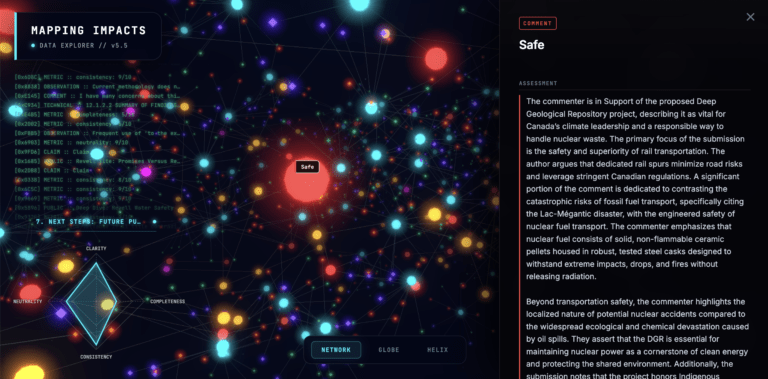
The new creative professional thrives across disciplines—architecting intelligent workflows where creativity, technology, and ethical judgment converge.
The Transversal Creator in the AI Economy
Across the creative and technical industries, a quiet revolution is unfolding—one that goes far beyond automation. For most of the past century, professional value was defined by vertical specialization: you were a writer, a developer, an editor, or a marketer. You climbed a single, narrow career ladder, and the entire economic system, from universities to corporations, was designed to reward mastery in one deep niche. These silos formed professional “guilds,” each with its own language, tools, and costly rites of passage.
That model is ending.
Today, integrated and intelligent systems have commoditized execution. They can draft copy, structure data, design layouts, and produce finished work faster—and cheaper—than any single expert. The boundaries between disciplines are no longer blurring; they are dissolving entirely. And with that, the economy is demanding a new kind of professional: the Transversal Creator.
The End of the Silo: When Execution Is No Longer the Prize
The Transversal Creator is the professional who moves horizontally across the entire creative and technical stack, rather than vertically within one specialty.
In the old model, producing something of quality required a chain of expensive experts—a database administrator, a senior writer, a designer. Today, an augmented individual can perform the essential functions of all three through orchestrated intelligent systems.
The key realization is this: your value is no longer in being the world’s best executor of a single task, but in your ability to govern and direct systems that can execute tasks on your behalf. The career path has shifted from a narrow shaft of specialization to a broad network of strategic control points.
The New Value Proposition: Orchestration and Judgment
So what exactly does a Transversal Creator do?
If machines handle the rote labor, humans must now handle the strategic and ethical dimensions of work. The Transversal Creator’s value lies in four essential meta-skills:
System Architecture, Not Code: Their creative act is not typing the story or coding the program, but designing the logic, prompts, and ethical boundaries that guide intelligent systems. They build the machine that makes the thing, ensuring its outputs align with purpose and integrity.
Strategic Curation, Not Production: When content can be generated in abundance, judgment becomes the scarcest—and most valuable—skill. The Transversal Creator excels at selection, refinement, and ethical calibration. Their value lies in discernment, not in the speed of execution.
Full-Stack Fluency: They understand how each layer of the creative process connects—from concept to distribution, from audience experience to data infrastructure. This holistic vision allows them to identify leverage points and design more efficient, more cohesive outcomes.
Ethical Governance: As the human steward of increasingly autonomous systems, the Transversal Creator becomes the moral and strategic compass of production. They must constantly ensure that their systems act responsibly, reflect human values, and advance meaningful goals.
The Economic Shift: From Labor Aggregation to Individual Sovereignty
This transformation has profound economic consequences.
The traditional firm was built to aggregate specialized labor, manage it, and sell it at a markup. That model collapses when a single, highly augmented individual—or a small, agile team—can produce at scale with minimal overhead.
The Sovereign Producer replaces the centralized firm. Instead of managing payroll, they manage utility consumption—paying for cloud computation, storage, and AI tools rather than human hours. The cost structure of production shifts from fixed salaries to flexible, on-demand infrastructure.
As a result, the optimal creative and economic unit becomes one: the individual orchestrator, empowered by systems rather than constrained by institutions. Power and profit move away from centralized management toward distributed, system-literate creators.
The Future of Work: The Era of the Architect
In this new landscape, success depends less on how deep your expertise runs and more on how widely your fluency stretches. The future job market will reward horizontal competency, ethical acuity, and system-level thinking—skills that allow individuals to direct intelligent processes, not merely participate in them.
The era of the specialist defined by a single discipline is closing.
The era of the architect—the Transversal Creator—has begun.






